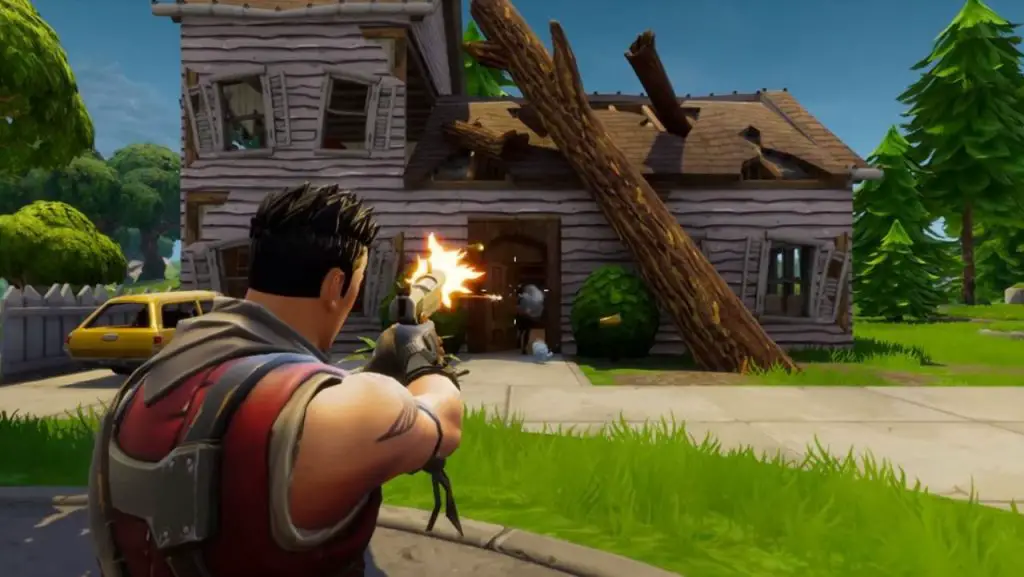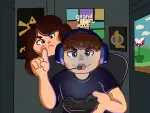In the release of the 11th edition of International Classification of Disease, the World Health Organization officially classified gaming disorder as a mental health condition.
The World Health Organization defined gaming disorder as a disease in which sufferers experience a loss of control over their lives and establish gaming as their highest priority, regardless of the presence of unfavorable effects associated with their behavior.
Gaming disorder is identified as behavior that greatly affects normal functions in various aspects of the sufferer’s life for a period of 12 months or more. Sufferers might experience a lack of sleep, abandon people and/or hobbies and perform poorer in educational settings.
Many countries, including China, South Korea and Japan, are targeting gaming disorders through laws and regulations restricting play times and monitoring game usage.
According to NBC, Douglas Gentile, a researcher at Iowa State University, estimated around 1 – 10 percent of children will acquire a gaming disorder, which adds up to more than 3 million children in total.
The classification of gaming disorder as a disease follows the hospitalization and rehabilitation of a 9-year-old girl from the United Kingdom who became addicted to “Fortnite” and would not stop playing to use the bathroom.
Although the World Health Organization provided symptoms for gaming disorder, no one has yet to establish a designated treatment. Many professionals and researchers actually believe the symptoms are too broad.
With the social impact of technology and the popularity of games such as “Fortnite,” should people be focusing strongly on gaming disorder, or should other mental conditions — such as depression and anxiety — take precedence?
Despite the lack of defined treatment options, many mental health professionals believe gaming disorder is an addiction similar to substance abuse and gambling issues.
Technology addiction specialist Dr. Richard Graham, for example, is in favor of recognizing gaming disorder as a disease. “It is significant because it creates the opportunity for more specialized services,” Graham said. “It puts it on the map as something to take seriously.”
Other mental health professionals believe more factors are affecting children who fail to balance school and other daily activities with gaming.
Heather Senior Monroe, the director of program development at Newport Academy, believes the disorder stems from the deeper desire to escape reality, which is worsened by depression and anxiety.
Monroe said, “The behavior is like any other self harming behavior – a way to escape reality. The treatment is then about why. Why does that person want to escape their reality so much?”
The issue of gaming addiction reveals the deeper issue of inadequate attention and aid given to people suffering from mental health issues.
Rather than focusing on developing a treatment plan for the disorder, many mental health professionals believe targeting depression and anxiety will help to alleviate the symptoms of gaming disorder.
Combatting the disorders in children could decrease the likelihood of them using video games as a coping mechanism to escape from reality.

















